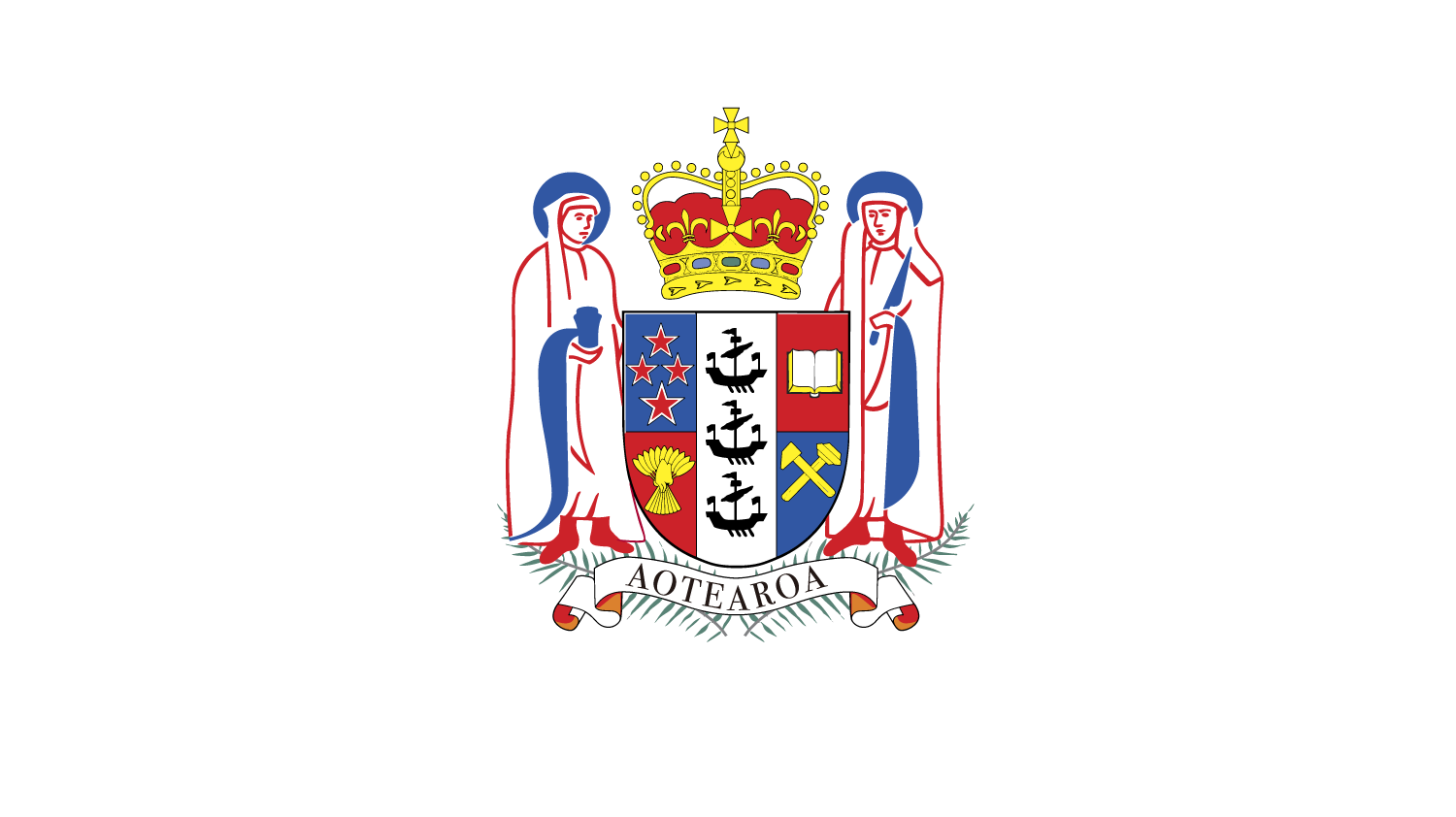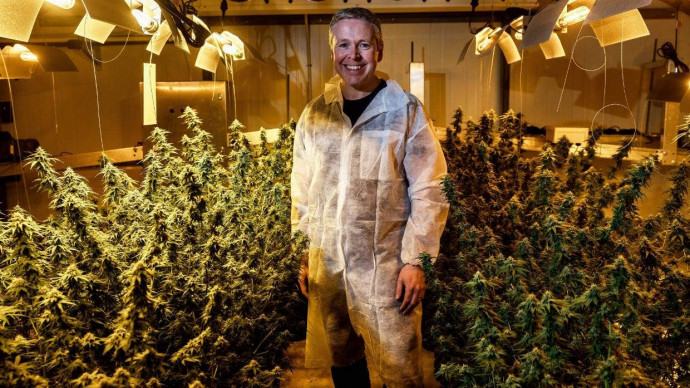BioLumic’s Jason Wargent is a finalist in the KiwiNet research commercialisation awards for his work on how ultraviolet light stimulates plant growth, including medicinal cannabis
Adapted from an article by George Heagney, originally published on 2 September 2020 in Stuff
A Massey University scientist’s technique of applying ultraviolet light to crops, including medicinal cannabis, could be the “holy grail” of agriculture.
Jason Wargent is the chief science officer at BioLumic and a Massey professor. He has been working on treating plants with ultraviolet lights, which leads to better crop yields and protects them from disease, without the use of chemicals or genetic modification. BioLumic uses “clean growth technology” to grow agricultural crops such as lettuce, soybeans, strawberries and tomatoes, as well as medicinal cannabis.
Wargent’s work of using next-generation ag technology on global food production has led to him being a finalist for the entrepreneur gong at this year’s KiwiNet awards. The awards honour the best research innovations in New Zealand’s universities and research organisations this year. Winners will be announced in Auckland on October 15.
Wargent said a little bit of ultraviolet light controlled plant development and fought disease. BioLumic made guidelines for exposing a plant to the right amount of ultraviolet light to stimulate it – minutes for seeds, a few days for plants. He said it was like a human going to the doctor for a jab. “It's like the holy grail of agriculture. You get yield increase and disease protection without chemicals and without a reliance on GM [genetic modification]. We don’t change the genome.” He said no detrimental effects had been found.
Now, BioLumic was looking for a pathway to the market. There were already paying customers for lettuce seedlings. The company has been working on strawberry plants for three years and Wargent said through its development staff had seen a 47 per cent increase in yield in the plant. “These are crazy gains. We’re looking at soybeans with a 20 to 30 per cent increase in weight.” BioLumic could increase the range of plants it grew, he said.
Originally from the Midlands in Britain, Wargent came to Massey 10 years ago as a horticulture lecture, but he had already been working on how exposing plants to ultraviolet light stimulated better yields. The Factory helped BioLumic get off the ground in 2013 and now it has more than 20 staff and a lab in California in the United States.
The company has raised money from overseas and has venture capital investment. Wargent said the company had raised $14 million from New Zealand investors and $3.5m from Government funding for science. “It’s like a seven-year construction project, but it all seems to happen at once.” Its Palmerston North lab operates in refurbished Massey buildings where its grows crops.
Massey is also a finalist in the commercial impact award for the Ferri Pro intellectual property sale, where food giant Nestle acquired technology developed at the Riddet Institute at Massey to deal with iron deficiency. Scientists from Riddet created a way of putting iron into food without affecting quality or taste and Massey sold the patent to Nestle, the world's largest global food brand.
A supreme KiwiNet award is chosen from the four main categories.
Additional information: Stuff



